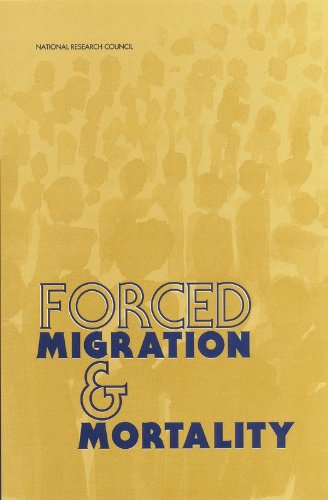
Forced Migration and Mortality
Publisher: National Academies Press 2001
ISBN/ASIN: 0309073340
ISBN-13: 9780309073349
Number of pages: 160
Description:
Forced Migration and Mortality examines mortality patterns in complex humanitarian emergencies, reviewing the state of knowledge, as well as how patterns may change in the new century. It contains four case studies of mortality in recent emergencies: Rwanda, North Korea, Kosovo, and Cambodia.
Download or read it online for free here:
Download link
(920KB, PDF)
Similar books
 Wellbeing, Freedom and Social Justice: The Capability Approach Re-Examined
Wellbeing, Freedom and Social Justice: The Capability Approach Re-Examinedby Ingrid Robeyns - Open Book Publishers
How do we evaluate ambiguous concepts such as wellbeing, freedom, and social justice? The capability approach, a theoretical framework pioneered in the 1980s, has become an increasingly influential way to think about these issues.
(5473 views)
 Human Genetics for the Social Sciences
Human Genetics for the Social Sciencesby Gregory Carey - Sage Publications
This book is for students in the behavioral sciences who need to understand genetics, but who have little training in biology. The text provides the basic biology which is essential for genetics and an overview of the principles of genetics.
(13693 views)
 Basic Concepts: The Methodology of the Social Sciences
Basic Concepts: The Methodology of the Social Sciencesby Johann Mouton, H.C. Marais - HSRC Press
This is one of the leading methodology textbooks in South African tertiary education. It provides an introduction to the fundamental concept of social science research, and complements books on specific research methods and techniques.
(16066 views)
 Conducting Research Surveys via E-mail and the Web
Conducting Research Surveys via E-mail and the Webby M. Schonlau, R.D. Fricker, M.N. Elliott - Rand Publishing
Internet-based surveys, although still in their infancy, are becoming increasingly popular because they are believed to be faster, better, cheaper, and easier to conduct than surveys using more-traditional telephone or mail methods.
(10109 views)